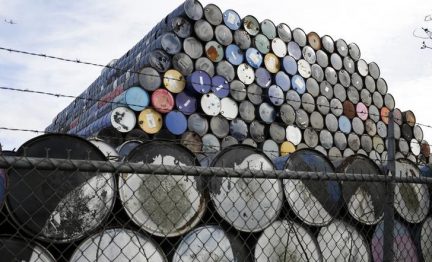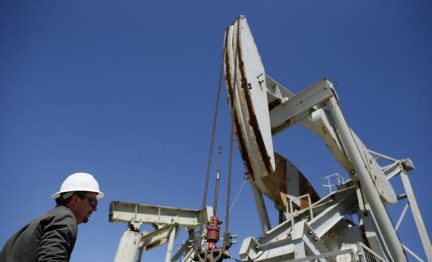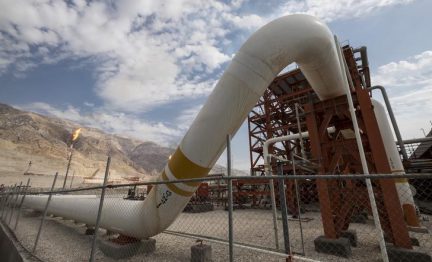OPEC+ compliance with oil cuts at 99% in December
OPEC+ compliance with oil production cuts in December reached 99%, two sources from the producer group told Reuters. The figure is slightly below November’s 101%

OPEC+ compliance with oil production cuts in December reached 99%, two sources from the producer group told Reuters. The figure is slightly below November’s 101%

The outlook for US shale oil is slightly more “optimistic” due to rising prices and output will recover further in the second half of 2021, OPEC said, in a sign its policy of cutting output is helping rivals pump more

Saudi Arabia’s voluntary oil production cut is set to help the oil market navigate through seasonally low oil demand during the first quarter, OPEC’s secretary general told an industry event

U.S. crude oil production is expected to fall by 190,000 barrels per day (bpd) in 2021 to 11.1 million bpd, the U.S. Energy Information Administration (EIA) said, a smaller decline than its previous forecast for a drop of 240,000 bpd

The rest of OPEC+ will hold output steady, meaning the group’s overall cuts would amount to around 7.05 million bpd by March, excluding the planned voluntary additional cuts from Saudi Arabia

OPEC sees plenty of downside risks for oil markets in the first half of 2021, its secretary general said, a day before meeting allies led by Russia to discuss output levels for February

Iraq aims to increase crude oil export capacity from its southern ports to 6 million barrels per day from the current 3.5 million barrels a day capacity

Russia expects to support an increase in oil production by the group, known as OPEC+, of another 500,000 barrels per day from February at next month’s summit of the leading global oil producers

The roll-out of vaccines this month to combat the coronavirus pandemic will not quickly reverse the destruction wrought on global oil demand, International Energy Agency (IEA) warned

The Paris-based watchdog revised down its estimates for oil demand this year by 50,000 barrels per day (bpd) and for next year by 170,000 bpd, citing scarce jet fuel use as fewer people travel by air